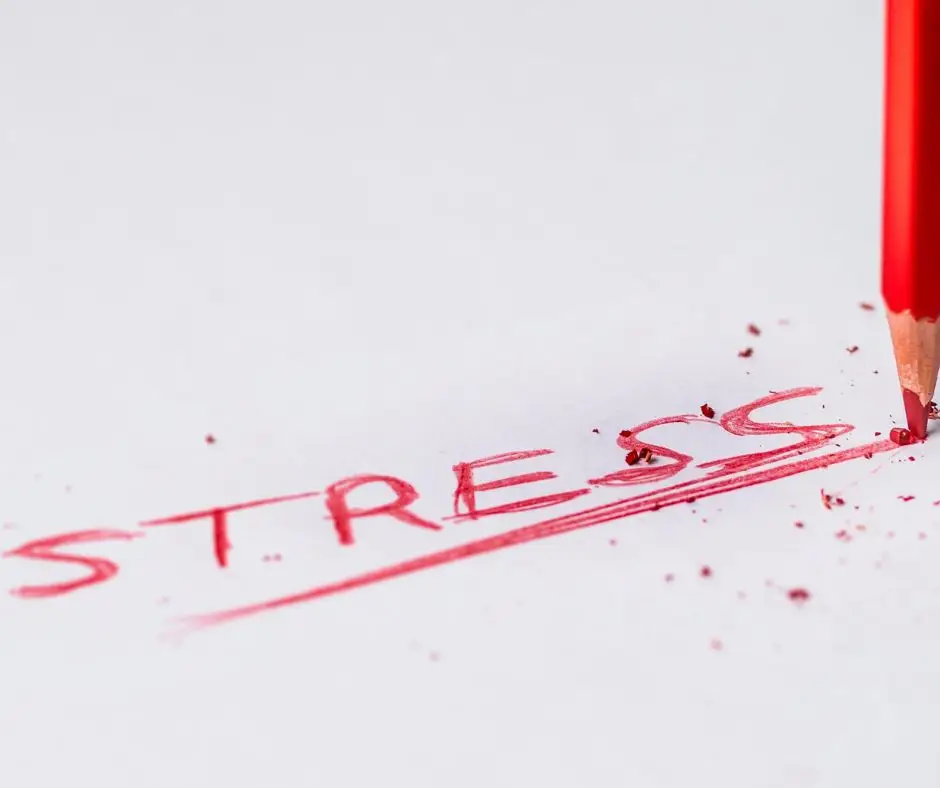Have you ever felt like you’re carrying the weight of the world on your shoulders? Like no matter how hard you try, you can’t seem to catch a break? If so, you’re not alone. Stress is an all-too-common experience in today’s fast-paced world, affecting people of all ages and backgrounds. Whether it’s the pressure to meet deadlines at work, the constant demands of family life, or the ever-present buzz of social media, many of us find ourselves feeling overwhelmed and exhausted.
Why Is Stress So Common Today?
In our modern society, the sources of stress are seemingly endless. The pressure to perform well at work, maintain social connections, and manage personal responsibilities can be overwhelming. Additionally, the rapid pace of technological advancements has created an environment where we are expected to be available 24/7, leaving little time for relaxation and self-care.
Understanding the Different Types of Stress
Stress is not a one-size-fits-all experience. It can manifest in various forms, each with its own unique challenges and symptoms. Understanding these different types of stress can help you recognize and manage them more effectively.
- Acute Stress: This is the most common type of stress, often experienced as a reaction to a specific event or situation, such as a deadline at work or an argument with a loved one. Acute stress is typically short-term and can sometimes be motivating.
- Chronic Stress: Unlike acute stress, chronic stress is ongoing and persists over a longer period. It can result from long-term situations, such as financial problems, an unhappy marriage, or a demanding job. Chronic stress can have severe health implications if not managed properly.
- Eustress: Not all stress is bad. Eustress is a positive form of stress that can motivate you to take action and achieve your goals. It is often experienced during exciting events, such as starting a new job, getting married, or having a baby.
- Emotional Stress: This type of stress is related to emotional experiences and can be triggered by events such as a breakup, the loss of a loved one, or ongoing family conflicts. Emotional stress can be particularly challenging as it directly impacts your mental well-being.
- Physical Stress: Physical stress occurs when your body is subjected to physical demands or changes, such as injury, illness, or intense physical exertion. This type of stress can weaken your immune system and increase your susceptibility to illnesses.
The Impact of Stress on Daily Life
The effects of stress are far-reaching and can touch every aspect of your life. It can affect your physical health, mental well-being, and relationships with others. Here are some common ways stress manifests in daily life:
- Physical Symptoms: Headaches, fatigue, muscle tension, and sleep disturbances.
- Emotional Symptoms: Anxiety, irritability, depression, and mood swings.
- Cognitive Symptoms: Difficulty concentrating, forgetfulness, and constant worrying.
- Behavioural Symptoms: Changes in appetite, procrastination, and withdrawal from social activities.
The below is from The American Psychological Association:
“When the body is stressed, muscles tense up. Muscle tension is almost a reflex reaction to stress—the body’s way of guarding against injury and pain.”
Given the widespread nature of stress and its significant impact on our lives, it’s crucial to understand and address it. Stress is not just an individual issue; it is a societal one that requires awareness and action. By recognizing the signs of stress and implementing effective coping strategies, we can improve our overall well-being and lead healthier, happier lives.
Finding Peace in the Chaos: Practical Solutions for Managing Stress
Now that we’ve explored the various forms and impacts of stress, let’s dive into some effective strategies for managing it. While there is no one-size-fits-all solution, there are several researched and practical approaches that can help you regain control and reduce stress in your life.
Our 5 Everyday Stress-Reducing Tips
- Exercise Regularly: Physical activity is a powerful stress reliever. Aim for at least 30 minutes of moderate exercise most days of the week.If the idea of a strict workout routine feels daunting, start small. A walk in the park, a gentle yoga session, or a refreshing swim can do wonders for your stress levels. Remember, any movement is better than none, and it’s okay to ease into it.
- Prioritise Sleep: We know it’s tough to get a good night’s rest when your mind is racing. But good sleep hygiene is crucial for managing stress and insufficient sleep can heighten stress levels, while high stress can disrupt sleep patterns. This vicious cycle can leave you feeling exhausted and overwhelmed, making it harder to cope with daily challenges. By prioritising good sleep hygiene, you can break this cycle and improve your overall well-being.Try to maintain a consistent sleep schedule, create a relaxing bedtime routine, and ensure your sleep environment is comfortable. Think of this as your time to recharge and rejuvenate.For more detailed tips on how to achieve restful and rejuvenating sleep, be sure to check out our article that focuses on the best techniques for better sleep here.
- Stay Connected: Social support is vital for managing stress, yet finding time to connect can feel impossible when you’re stretched thin.Reach out to friends and family in ways that fit into your life—be it a quick phone call, a short video chat, or an occasional in-person visit. These connections can provide much-needed emotional support and remind you that you’re not alone.
- Practise Deep Breathing: When stress feels overwhelming, taking a few moments for deep breathing can help calm your mind and body.Before you decide that you don’t have the time, just take one deep breath into your belly and feel the change it makes. Deep, diaphragmatic breathing can be done anywhere, and at any time. Even just a few minutes a day can make a noticeable difference. It’s a small practice that can fit into your hectic schedule.
- Set Boundaries: Learning to say no and setting healthy boundaries is essential to avoid taking on too much. It’s okay to prioritise your needs and well-being. This isn’t about being selfish; it’s about self-preservation. By setting boundaries, you’re ensuring that you have the energy and capacity to handle what truly matters.
Remember, managing stress isn’t about making huge changes all at once. It’s about integrating small, manageable practices into your daily routine. Each step, no matter how small, is a move towards a healthier, more balanced life.
How to balance your stress and boost Productivity with Eustress: The ‘good’ stress
- A manageable level of stress, known as eustress, can enhance focus and drive, making tasks easier to tackle.
- Eustress acts as a motivator, helping you set and achieve goals and stay engaged with your work.
- Find the right amount of stress by setting realistic goals and maintaining a structured routine.
- Integrate practices like mindfulness or regular breaks to manage stress levels effectively.
- By balancing stress, you can increase productivity and achieve a sense of accomplishment without feeling overwhelmed.
If you’re struggling with stress and feel like you need additional support, consider reaching out to a psychologist. Jeanette Dreyer, a highly respected psychologist with over 25 years of experience, offers compassionate and effective guidance tailored to your unique needs. She can assist you in identifying the root causes of your stress and developing healthier coping mechanisms.
Remember, managing stress is a journey, and you don’t have to navigate it alone. Taking the first step towards seeking help is a sign of strength and self-care. Your well-being is worth the investment.





